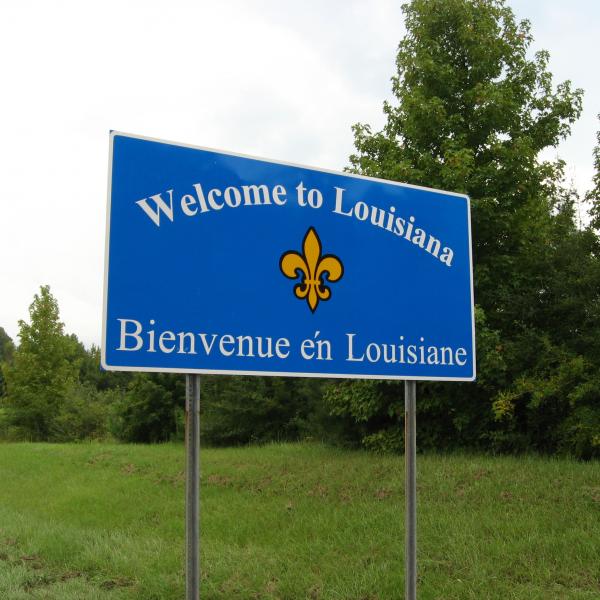During Gerald Early's introduction to the Institute topics on Sunday night, he argued that "New Negro Renaissance" was a more accurate term than "Harlem Renaissance" in several different ways. What we all seem to have agreed upon, however, is that we are talking about a renaissance. And while "New Negro" as a term dates back to the end of Reconstruction, "Renaissance" is a lot older.
As a specialist in the Middle Ages, I can claim a close personal relationship to the topic of "renaissance." The first historical period to be described as a renaissance -- "The Renaissance," or occasionally "The European Renaissance" if your textbook is especially forward-thinking -- is the period of cultural and artistic growth somewhere between the fourteenth and sixteenth centuries that is traditionally thought to have ended the Middle Ages of Christian Europe. This "tradition," of course, originated with historians of the sixteenth century, who wanted to argue that they had participated in the rebirth of classical antiquity after centuries of mediocrity (think "Dark Ages"). In the early twentieth century, as the academic study of the Middle Ages began to take off, medievalists fought back by not only lengthening the Middle Ages to include the much sexier Renaissance centuries, but also by creating a series of medieval renaissances. First there was the Renaissance of the Twelfth Century. Then there was the Carolingian Renaissance, in the eighth century. Then there was the tenth-century Ottonian Renaissance. In summary, I think we can conclude that the early part of the twentieth century represented a renaissance of the term "renaissance."
So what made the New Negro Movement a renaissance, such that we still identify it by that name today? In Alain Locke's famous foreword to The New Negro (1925), he asserted that "Negro life is... finding a new soul. There is a fresh spiritual and cultural focusing.... There is a renewed race-spirit that consciously and proudly sets itself apart. Justifiably then, we speak of the offerings of this book embodying these ripening forces as culled from the first fruits of the Negro Renaissance." But Locke's "renewed race-spirit," while "consciously and proudly" rejecting centuries of slavery, was also looking back to a romanticized African past -- just as the various European Renaissances were largely looking back to a romanticized classical past. It occurs to me that most "renaissances," for all that we think of them as revolutionary, are fundamentally conservative: they often involve consolidations of political power, assertions of cultural hegemony in one form or another, and perhaps some especially well-organized artistic patronage. But it also occurs to me that nobody much involved in the New Negro Movement would have wanted it described as conservative.
Perhaps someday a future Institute could include a session about not just the history but also the historiography of the "Harlem Renaissance"? Or perhaps I should heed some famous non-Renaissance advice: if it ain't Baroque, don't fix it.
-- Wendy Love Anderson



